Anaesthetised by Solitude: On Ottessa Moshfegh’s Death in Her Hands
Death in Her Hands by Ottessa Moshfegh, photographed by Rachel Tay.
““Strange, strange, what the mind will do””
Let me begin by saying this, before my words are misconstrued: I thoroughly enjoyed this book.
I loved every page of it, though — bear with me — it nearly “bored me to death.” Perhaps it was just its drowsy mood — the lulling atmosphere of an imagination ceaselessly reduplicating itself — or perhaps it was the sheer uncanniness of finding one’s private experience of isolation so lucidly described by another. In any case, reading this novel while in confinement felt at once like being in a sensory deprivation tank and conversing with oneself. Enclosed by a singular voice that one is no longer certain is one’s own, it can be difficult to tell if one is truly feeling calm or insane.
“Were you still dreaming? Was I?” I’m afraid to admit that at some point in reading this book, I had begun to ask myself these same questions. ”
Indeed, and not unlike her earlier offerings, there is something of a sense of solipsism percolating throughout Ottessa Moshfegh’s Death in Her Hands. Here, her readers are steeped in the ostensibly porous "mindspace" of Vesta Gul, an eremitic and recently-widowed seventy-two-year old living in seclusion — save for the companionship of her dog — in her cabin in the woods. “Imagine all the questions you’d have," muses Vesta in an early chapter, “and only yourself to ask.” This is precisely how the narrative thread of the novel unravels, like a "mind talk[ing] to itself" and "saying what it wants to hear" — making and unmaking all that it knows ad infinitum. In no time, the frenzied feedback loop of our narrator’s psyche has augmented its scope beyond the possibility of fact, and what originated as a mere mental exercise descends into a hypnagogic nightmare. "Were you still dreaming? Was I?” I'm afraid to admit that at some point in reading this book, I had begun to ask myself these same questions.
But before I get ahead of myself, yes, there is death in the novel. And yes, as its haunting opening lines would have you believe, it is evidently centered around a whodunit à la Agatha Christie. “Her name was Magda,” thus begins the book, “Nobody will ever know who killed her. It wasn’t me. Here is her dead body.” Any pronouncement of murder so enigmatic and blunt undoubtedly demands resolution, so the premise for our narrator’s amateur investigation is set: upon encountering an unsigned note inscribed with the aforementioned lines, she is drawn ineffably to seek out its author. Yet, from the moment that Vesta comes to furnish her own rendition of this generic murder mystery with a rogues’ gallery of her fabulation, the cracks in the flimsy infrastructure holding up her reality likewise start to show. “Maybe I was being too imaginative,” she says — or maybe not, we think. Without knowing the extent to which she has ventriloquised the phenomena around her, the incertitude trailing hypotheticals as such suffuses the text with a blurry, dreamlike quality. Lacking an interlocutor — or an external coordinate by which one orients one’s self-subject and other objects in space — the speaking voice of the novel appears to dissolve into an edgeless state of being.
Death in Her Hands by Ottessa Moshfegh, photographed by Rachel Tay.
Perhaps the eponymous “death” of the title then gestures towards neither the passing of Magda, the purported murder victim, nor that of Walter, Vesta’s late-husband; it names only the extreme experience of solitude itself. After all, set adrift from the monolithic identities entombing both her old life and marriage in Monlith, and estranged from her new community in Levant (incidentally, the French word for “rising”), Vesta is left simply to wander through her reclusive existence unknown to most — like a phantom dislocated from her body schema, vast and diffuse. She broods over her neighbours’ innermost secrets, just as she seems to possess an intuitive understanding of her surroundings. Absorbing into her capacious mindspace the copious affectations of the world, she becomes what the philosopher, Maurice Merleau-Ponty would describe as a sleeping figure, “an unseeing and almost unthinking mass, riveted to a point in space in the world henceforth only through the anonymous alertness of the senses.” In her relinquishment of subjectivity to pure, unmediated instinct, it is as if the character were composing, and composed of, everything and nothing at once.
“It is not before long that we, too, find that her “I” has likewise melded, quietly and furtively, into my “I” and yours.”
Perhaps, in this sense, the novel is also about the fundamentally solitary processes of reading and writing. For more than the devastating loneliness of grief and loss, what its distinctive air of light and emptiness suggests is, instead, the very isolation and vacancy of mind required to make life anew. As Vesta questions, mulling over the authorship of the anonymous note, “Who was this me? … I could be anybody.” The ambiguous “I” of the text marks not the boundaries between the self and non-self, but only that limitless opening where both imagination and sensation pass into words. Turning itself over and over again around the mystery of the letter, the “I” of Vesta’s narration soon seeps into the innumerable other “I”s of the novel, expeditiously animating their existence as it progresses. It is not before long that we, too, find that her “I” has likewise melded, quietly and furtively, into my “I” and yours.
“Strange, strange, what the mind will do,” meandering through this surreal and soporific metafictive novel, one is indubitably led to wonder, “Whose mind was now at work, thinking of the note, imagining, debating, and remembering things as I walked down the path through the birch trees?” I must confess that I do not quite know, for days of wrangling with this essay and the text have left me doubtful as to where the Moshfegh’s creation ends and my own begins. Typing and deleting my reflections on the novel currently, in the claustrophobic echo chamber that is this word document, I cannot help but feel almost as isolated and absurd as the narrator does. Maybe this is just the cabin fever talking, or maybe this is proof of the author’s skill — I do not think that I’m in a position to say. Hence, for now, I suppose I can only go on and on again about variations on a theme, losing myself once more in this magnificently eerie book. And in fact, I invite you to do the same.
A fervent turtleneck-wearer and an unrepentant hot coffee-addict, Rachel Tay is the ideal self-parodying Literature student, and the complete anti-thesis to tropical life in Singapore, where she was born and raised. She is a frequent contributor and resident illustrator at The Attic on Eighth.





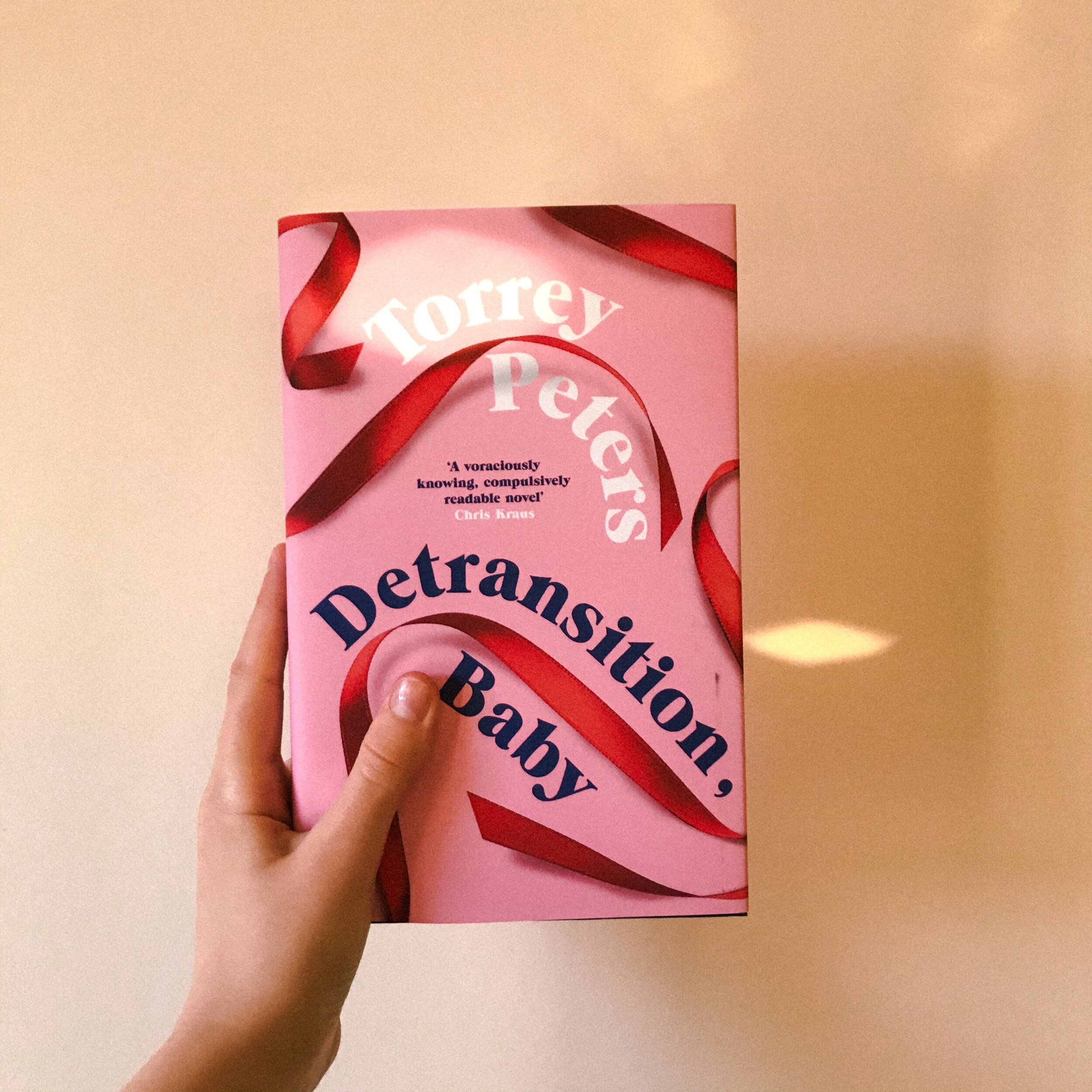
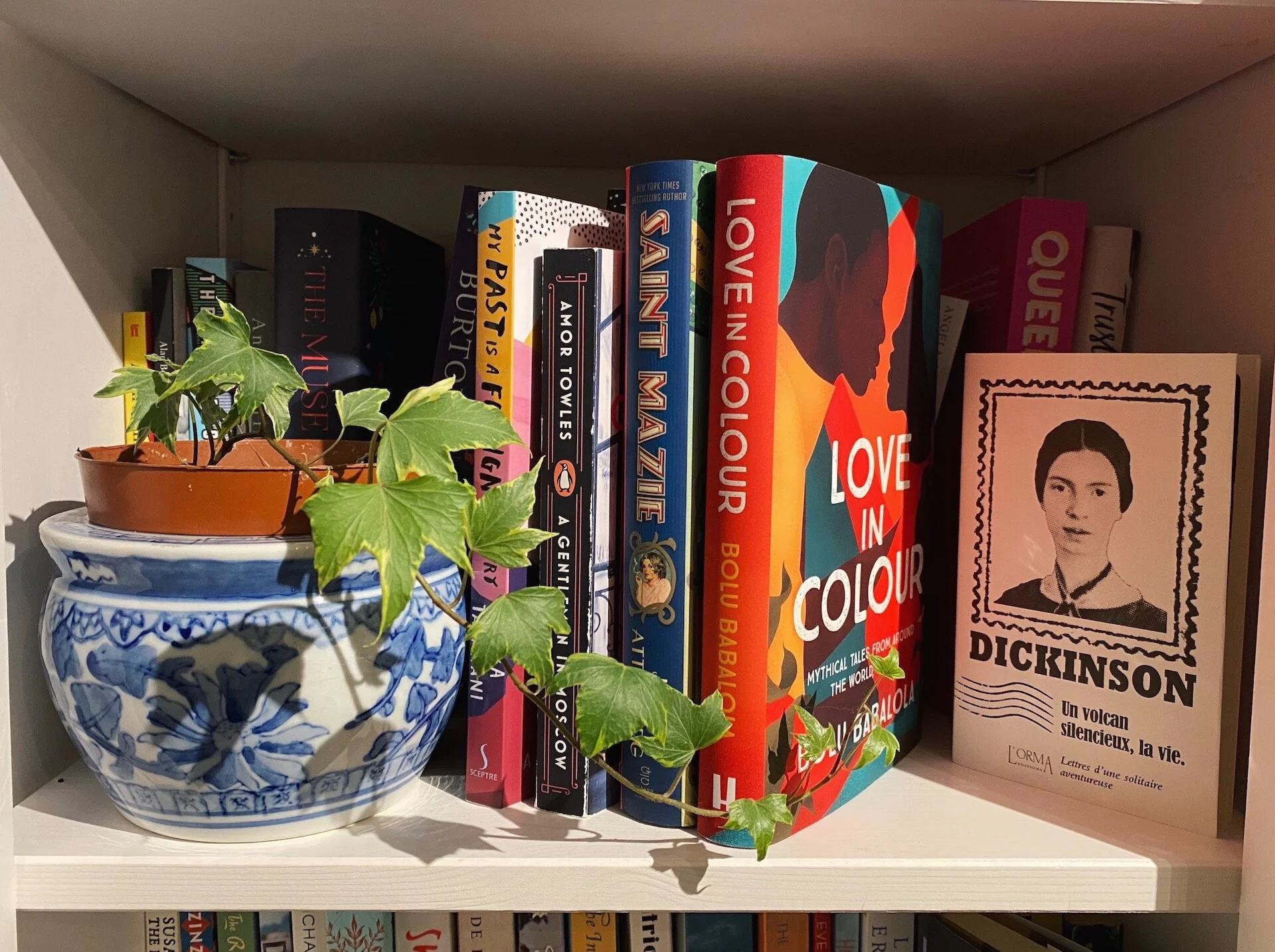
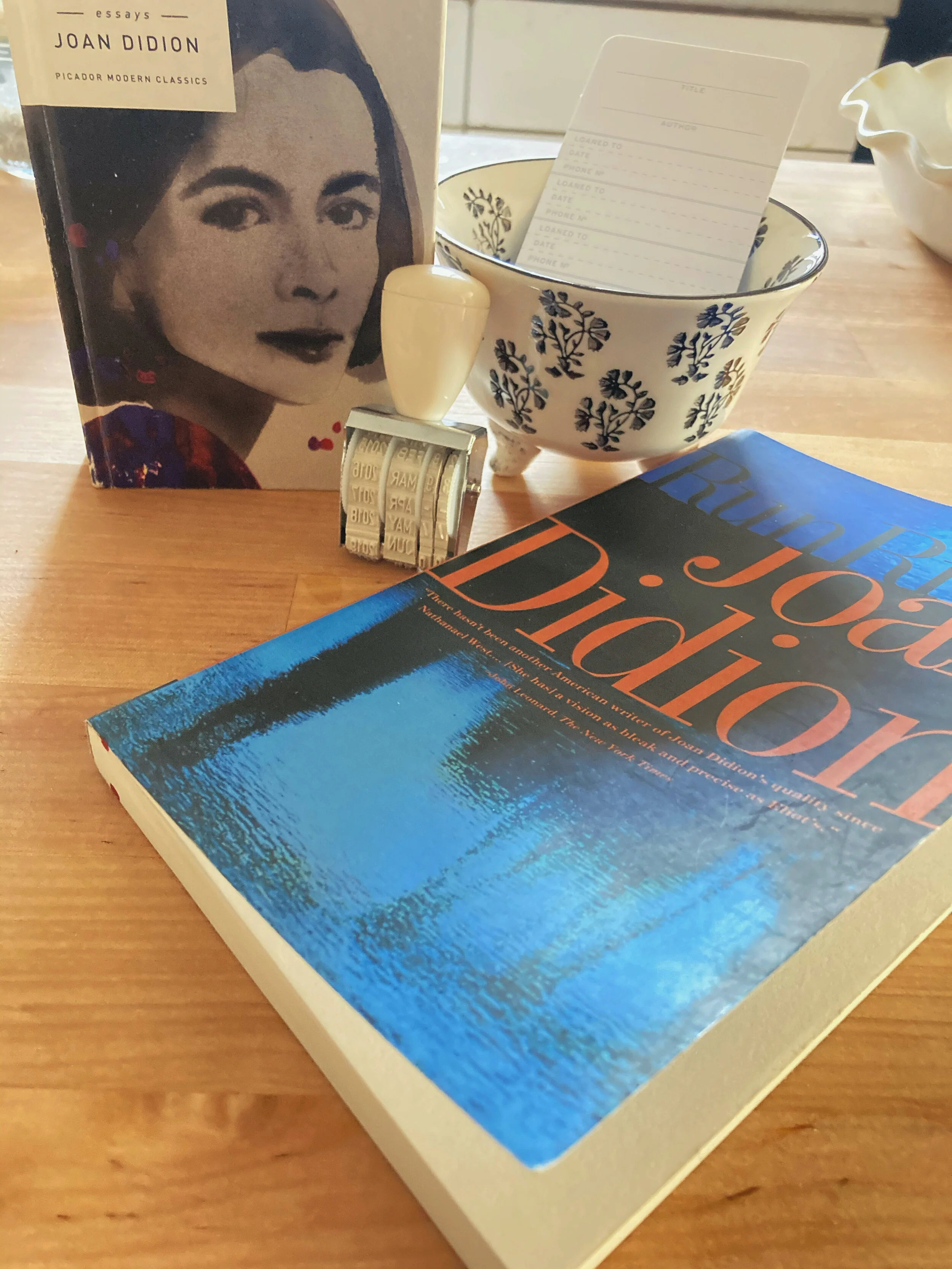
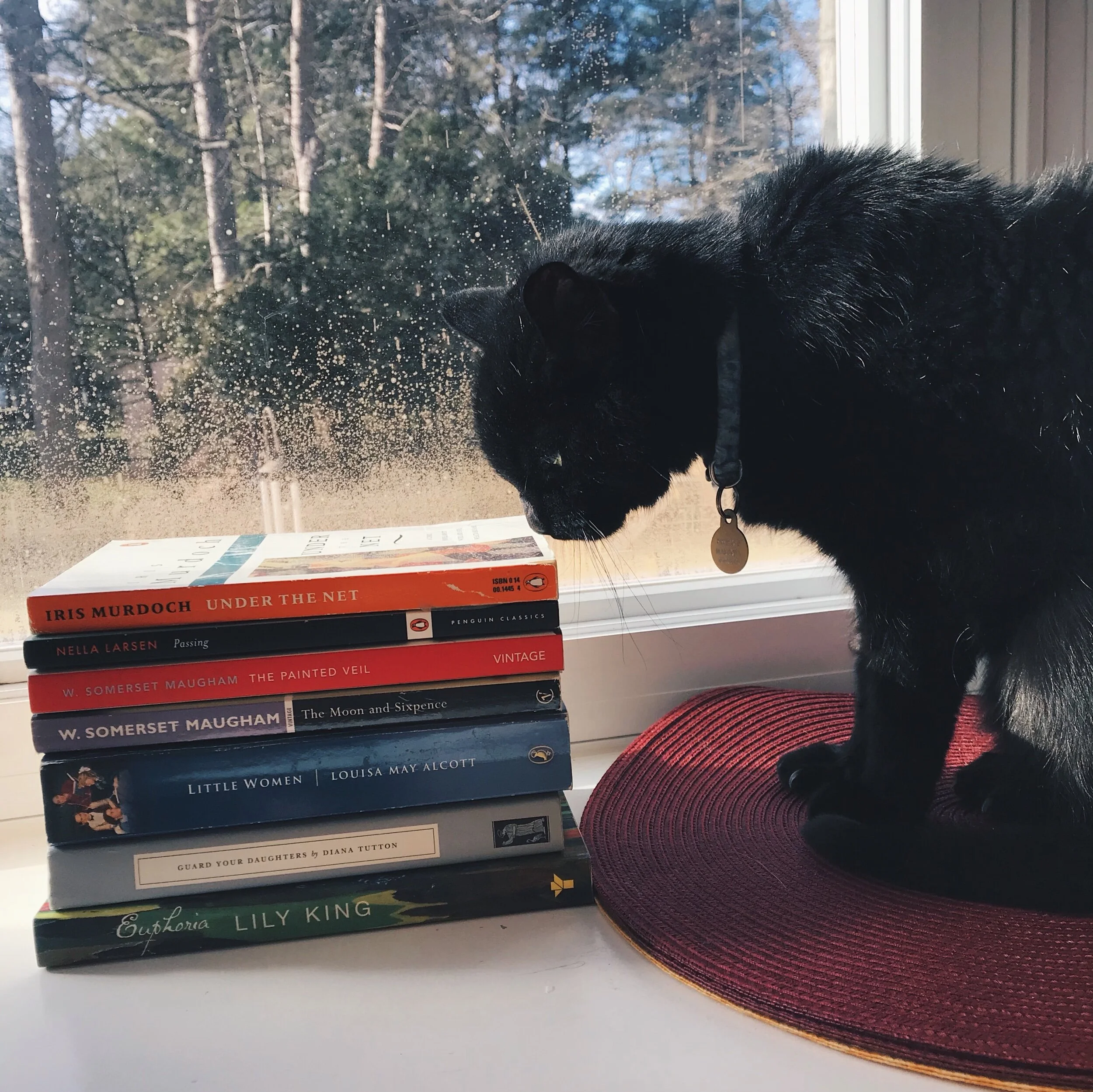


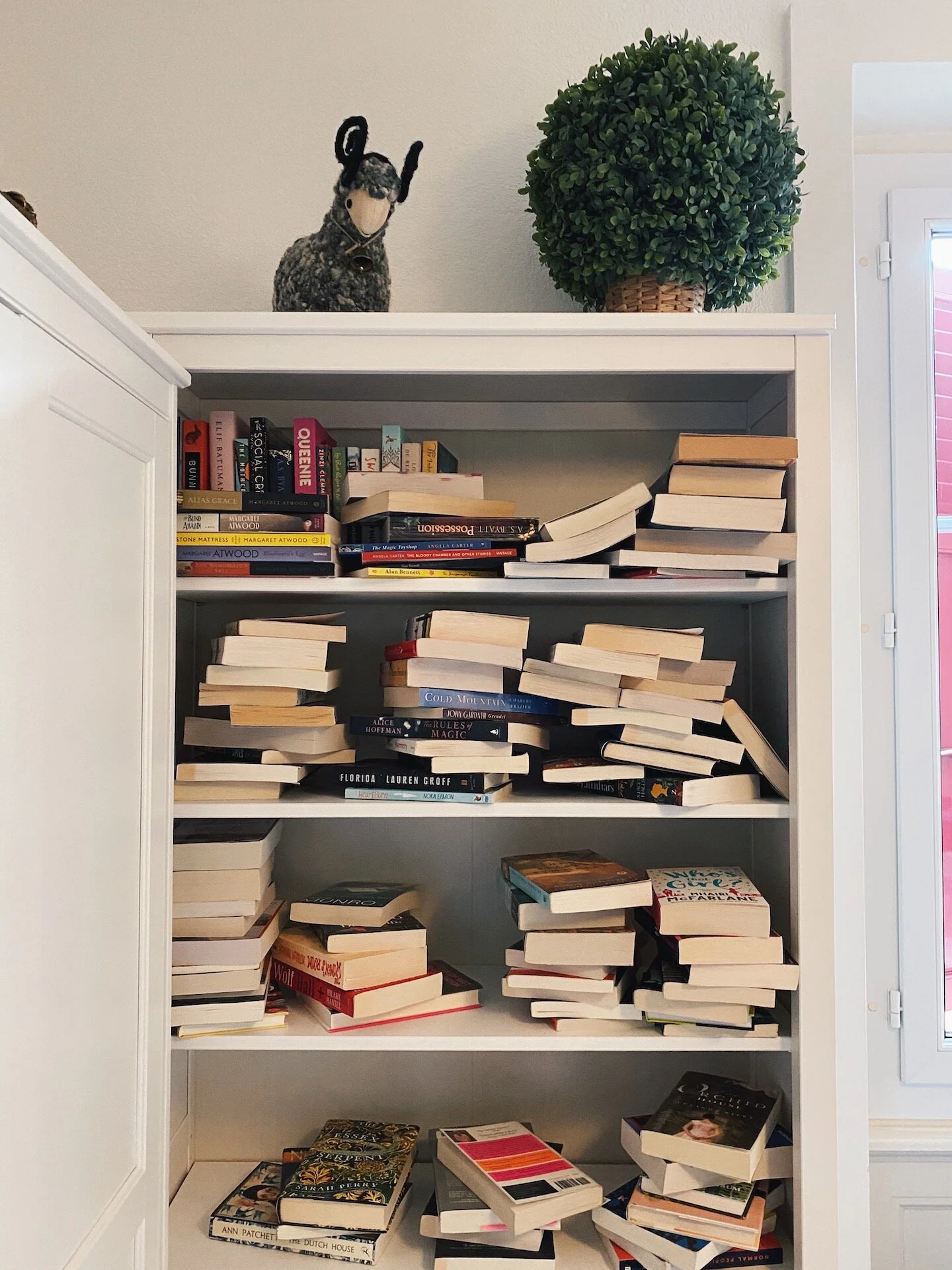
Reading Naoise Dolan’s Exciting Times and Katie Kitamura’s Intimacies, Rachel Tay explores the unease of moving away from one’s own country and language.